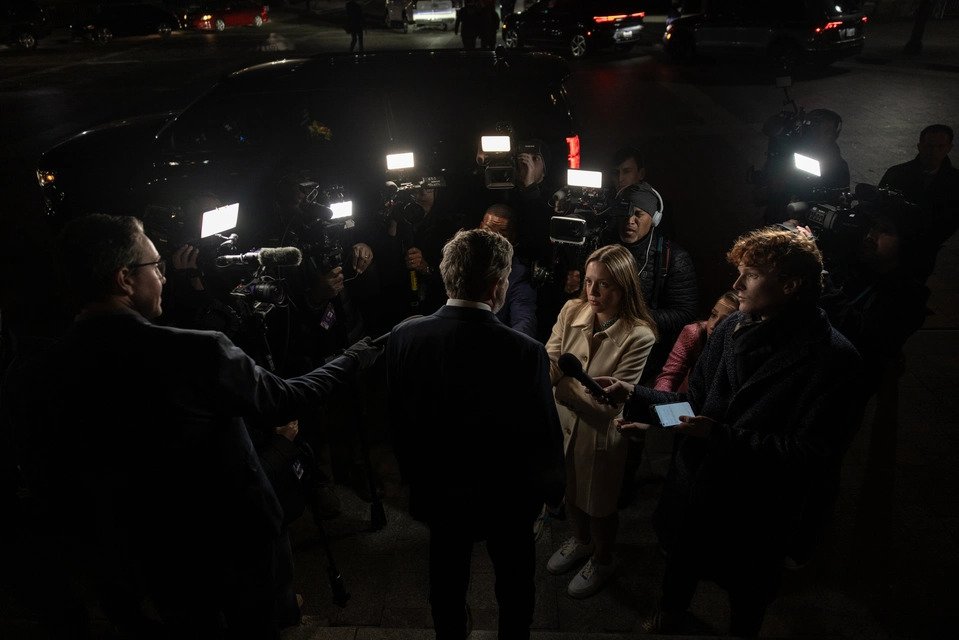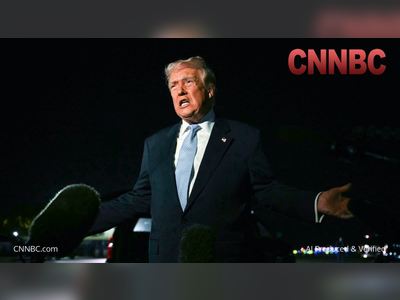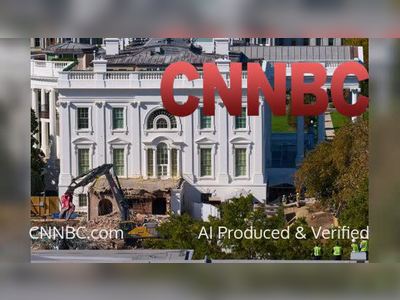
Trump Reverses Course, Urges Release of Epstein Files Amid GOP Revolt
President Donald Trump shifts stance and tells House Republicans they may support full disclosure of Jeffrey Epstein documents
President Donald Trump has made a startling reversal on the Jeffrey Epstein files controversy, urging House Republicans to vote in favour of releasing the documents after months of opposition.
The change comes as growing numbers of his own party prepare to defy his directive and support a bipartisan effort led by Thomas Massie (R-Ky.) and Ro Khanna (D-Calif.) to compel the Department of Justice to make public its full investigative records.
Mr Trump’s prior strategy had been to block the release, mobilising White House efforts to persuade key Republicans, including Lauren Boebert (R-Colo.) and Marjorie Taylor Greene (R-Ga.), to withdraw their signatures from the petition.
A large bloc of GOP lawmakers nonetheless moved ahead, and the discharge petition gained sufficient signatures to trigger a floor vote.
With that momentum, the president late Sunday posted that “House Republicans should vote to release the Epstein files, because we have nothing to hide.”
The turnaround follows a document release from the House Oversight Committee that included over 20,000 pages of records from Epstein’s estate, some of which contained emails referencing Mr Trump.
Although he has denied any wrongdoing or knowledge of Epstein’s illicit activities, the revelations intensified internal Republican pressure for transparency.
The internal party dynamics have become increasingly volatile: some members see voting to release the files as a moral imperative, others view it as a necessary step to clear the political air ahead of next year’s elections.
GOP whip counts suggest that more than one hundred Republicans may defy leadership to support the release.
Speaker Mike Johnson has sought to avoid a vote, arguing that full transparency needs to protect victims and ongoing inquiries, yet the leadership appears unable to stall the momentum.
A vote is expected in the House this week; even if passed, the bill faces an uncertain future in the Senate and possible presidential veto.
The president’s statement framed the file-release push as a distraction from the party’s broader agenda, yet his reversal indicates a strategic decision to align with the emergent majority view within his party, rather than continue a futile public stand.
The change comes as growing numbers of his own party prepare to defy his directive and support a bipartisan effort led by Thomas Massie (R-Ky.) and Ro Khanna (D-Calif.) to compel the Department of Justice to make public its full investigative records.
Mr Trump’s prior strategy had been to block the release, mobilising White House efforts to persuade key Republicans, including Lauren Boebert (R-Colo.) and Marjorie Taylor Greene (R-Ga.), to withdraw their signatures from the petition.
A large bloc of GOP lawmakers nonetheless moved ahead, and the discharge petition gained sufficient signatures to trigger a floor vote.
With that momentum, the president late Sunday posted that “House Republicans should vote to release the Epstein files, because we have nothing to hide.”
The turnaround follows a document release from the House Oversight Committee that included over 20,000 pages of records from Epstein’s estate, some of which contained emails referencing Mr Trump.
Although he has denied any wrongdoing or knowledge of Epstein’s illicit activities, the revelations intensified internal Republican pressure for transparency.
The internal party dynamics have become increasingly volatile: some members see voting to release the files as a moral imperative, others view it as a necessary step to clear the political air ahead of next year’s elections.
GOP whip counts suggest that more than one hundred Republicans may defy leadership to support the release.
Speaker Mike Johnson has sought to avoid a vote, arguing that full transparency needs to protect victims and ongoing inquiries, yet the leadership appears unable to stall the momentum.
A vote is expected in the House this week; even if passed, the bill faces an uncertain future in the Senate and possible presidential veto.
The president’s statement framed the file-release push as a distraction from the party’s broader agenda, yet his reversal indicates a strategic decision to align with the emergent majority view within his party, rather than continue a futile public stand.











